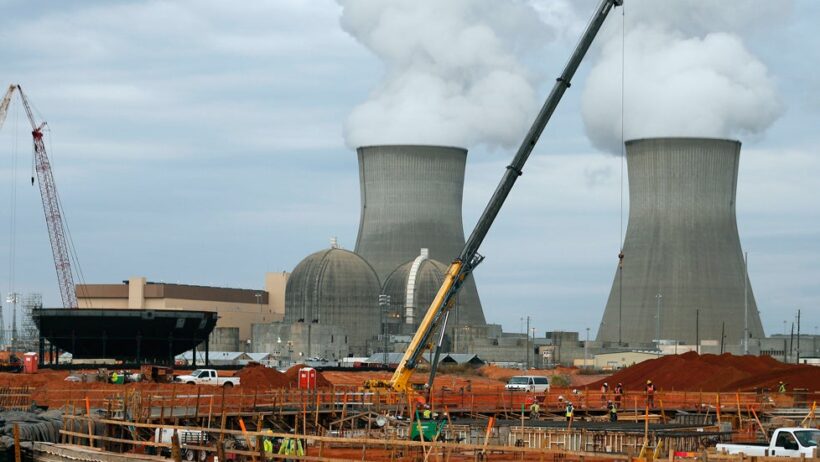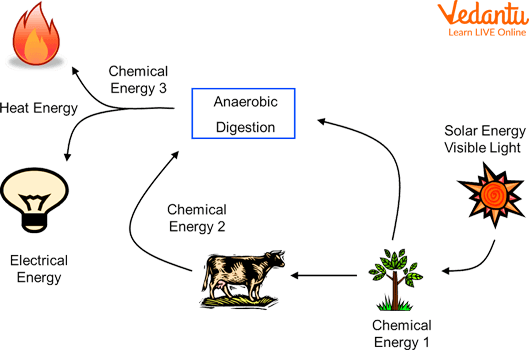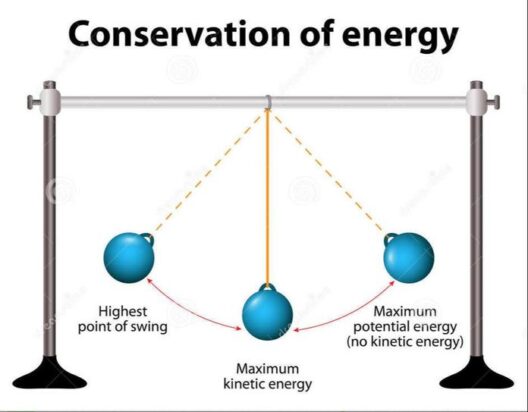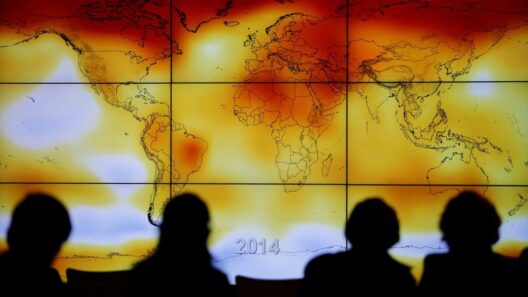Nuclear power, often a polarizing subject in discussions about energy policy and climate change, presents a complex intersection of innovation, environmental impact, and societal sentiment. As the world grapples with the inexorable effects of climate change, one fundamental question emerges: is nuclear power a panacea for our warming planet, or does it pose risks that could exacerbate the crisis?
To critically evaluate the role of nuclear power in combating climate change, it is imperative first to examine its operational framework. Nuclear energy is generated through nuclear fission, a process wherein atomic nuclei, notably uranium or plutonium, are split to release a formidable amount of energy. This energy is harnessed to produce steam, which drives turbines to generate electricity—free from the direct carbon emissions associated with fossil fuels. This essential characteristic positions nuclear energy as a potentially transformative solution, capable of providing vast amounts of power without the carbon footprint that traditional fossil fuel sources impose on our atmosphere.
However, the discourse surrounding nuclear energy is not merely about its capacity to curtail greenhouse gas emissions. There are several dimensions to assess: the potential for accidents, challenges pertaining to waste management, and the societal implications of nuclear energy production.
Accidents involving nuclear installations, such as the catastrophic occurrences at Chernobyl in 1986 and Fukushima in 2011, linger in public consciousness, breeding skepticism and fear regarding nuclear safety. These events have spurred a robust debate about the inherent risks of nuclear energy. While modern technology has significantly enhanced the safety measures in place at nuclear plants, the specter of severe nuclear accidents continues to warrant scrutiny. The complexity and potential consequences of these accidents elucidate concerns, notwithstanding the fact that statistically, nuclear power remains among the safest forms of energy production in terms of occupational hazards and environmental impact compared to coal or natural gas.
Another critical aspect to consider is the challenge of nuclear waste management. The byproducts of nuclear fission—including spent fuel rods—are radioactive and remain hazardous for millennia. The long-term storage and management of nuclear waste present formidable challenges. While facilities in place, such as deep geological repositories, are designed to mitigate risks, the question of intergenerational responsibility and environmental stewardship arises. This dilemma compels society to deliberate on the ethical implications of generating waste that will potentially affect future generations.
Despite these challenges, the argument in favor of nuclear energy as a lifeline in the fight against climate change extends beyond mere carbon emissions reduction. The increasing frequency and severity of natural disasters attributable to climate change further highlight the urgency to transition to sustainable energy sources. Renewable energy sources, such as solar and wind, hold promise but suffer from intermittency issues. Nuclear power, with its capacity to deliver a consistent and reliable power supply, complements renewables effectively. By leveraging a diversified energy portfolio that includes nuclear energy, it becomes feasible to maintain grid stability while maximizing renewable contributions to the energy mix.
Countries such as France and Sweden have demonstrated that nuclear energy can be an integral part of a low-carbon future. These nations have successfully implemented nuclear power within their energy strategies, resulting in significant reductions in carbon emissions. France, for instance, sources approximately 70% of its electricity from nuclear power, which has been pivotal in achieving one of the lowest carbon intensities in Europe. This resounding success story reshapes perceptions and encourages other nations to reconsider the viability of nuclear energy in their quest for decarbonization.
Moreover, advancements in technology are paving the way for a renaissance in the nuclear sector. The emergence of small modular reactors (SMRs) signifies a shift towards more adaptable, safer, and efficient nuclear technology. These reactors are designed to be built in factories and transported to sites, reducing construction periods and enhancing safety through their smaller size and innovative designs. SMRs have the potential to power remote communities and reduce reliance on carbon-heavy energy sources, exemplifying the responsiveness of nuclear technology to evolving energy needs.
Thus, the inquiry surrounding nuclear power inevitably leads us to the topic of public perception and engagement. While government policies toward energy production are critical, the societal acceptance of nuclear energy remains a key factor in its efficacy as a climate solution. Educating the public about the safety measures and advancements in nuclear technology is essential for dispelling myths and fostering informed decision-making. Open discourse, coupled with transparent information dissemination, can help bridge the chasm between public concerns and the potential benefits of nuclear power.
In conclusion, as the dialogue around climate change intensifies, nuclear power occupies a significant crossroad in our understanding of energy production. Its potential to produce low-emission electricity positions it as a crucial component in addressing global warming. However, the challenges it presents—ranging from safety concerns to waste management—must not be overlooked. A concerted effort to innovate, educate, and engage the public is needed to cultivate a balanced perspective on nuclear energy. As global citizens embark on the journey toward a sustainable future, the question remains: can society reconcile its apprehensions with the promises of nuclear power in an increasingly warming world? Only through thoughtful consideration and actionable policies can we hope to harness the full potential of nuclear energy in our fight against climate change.







